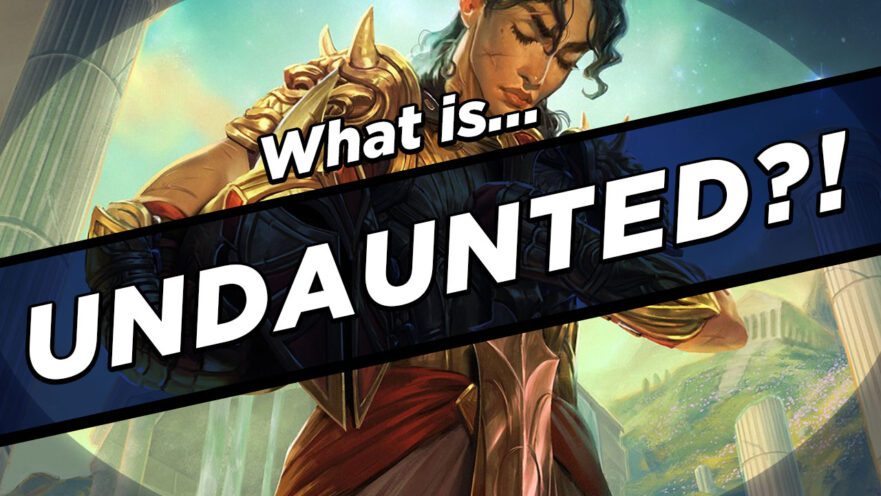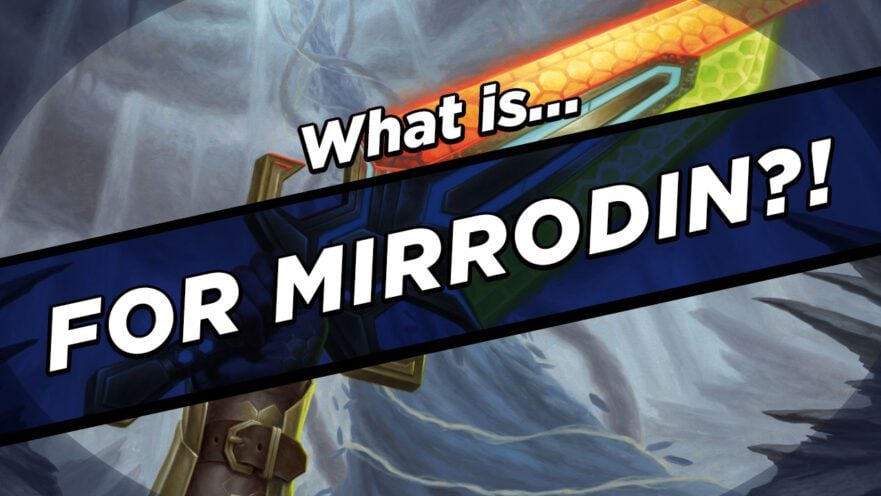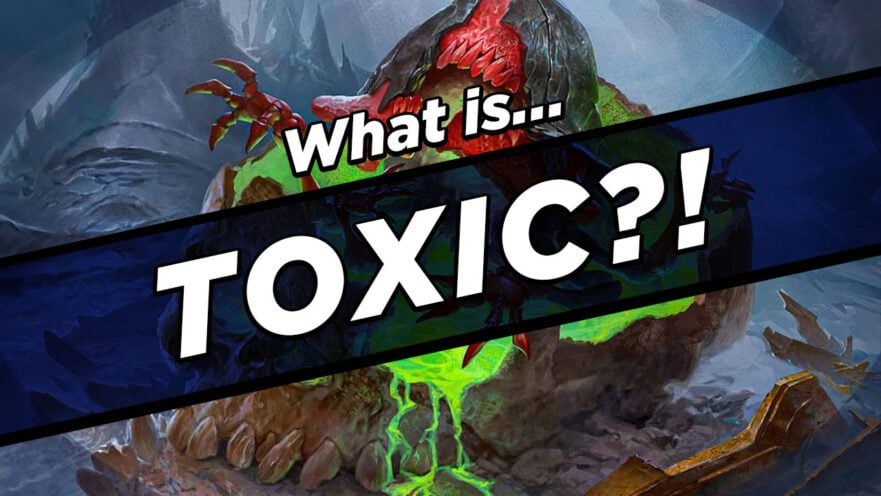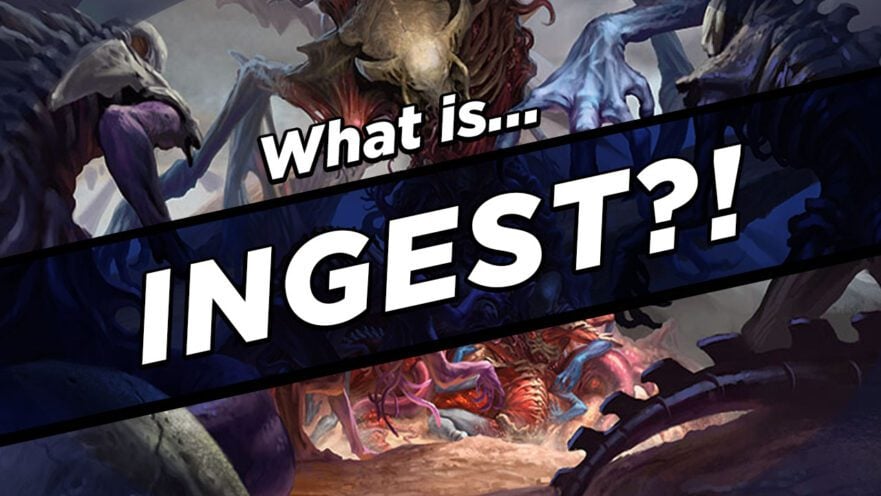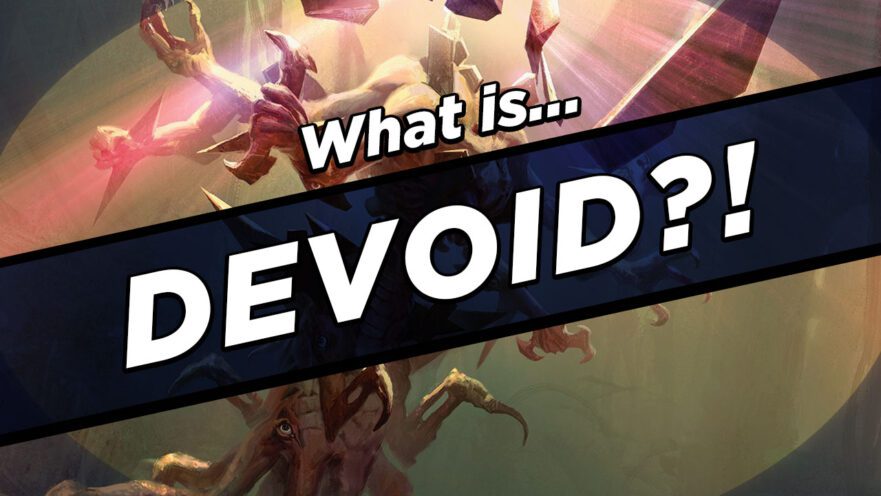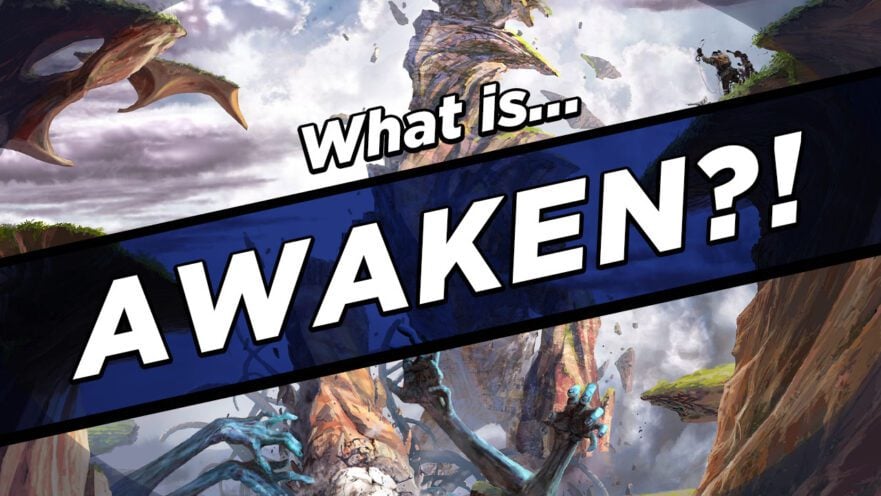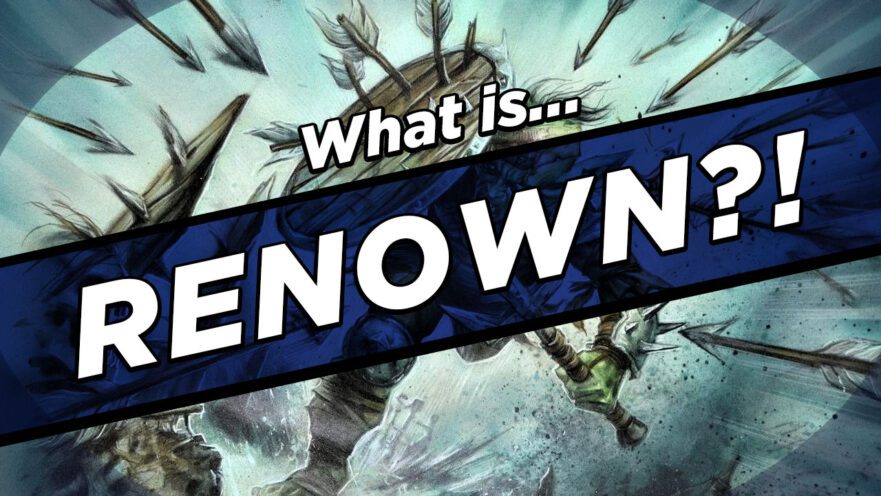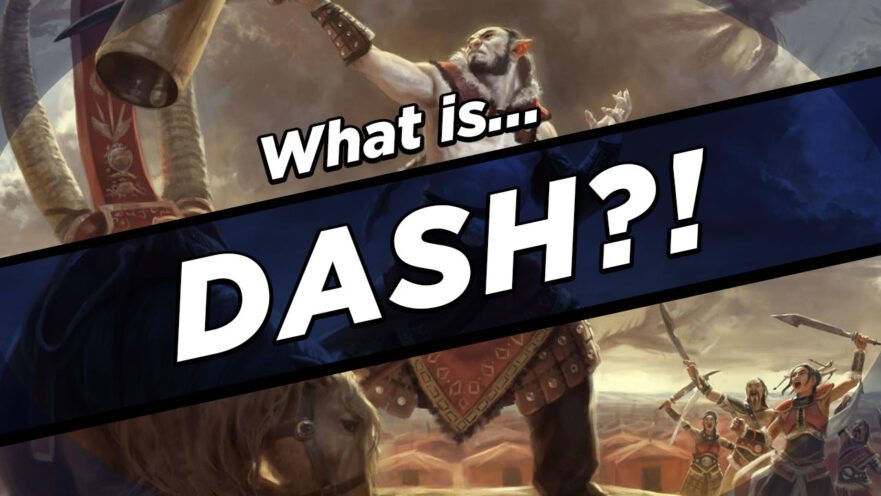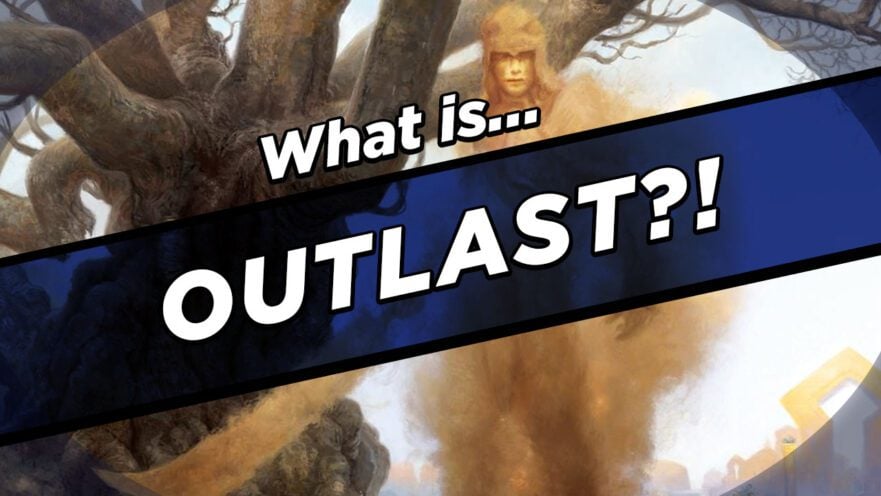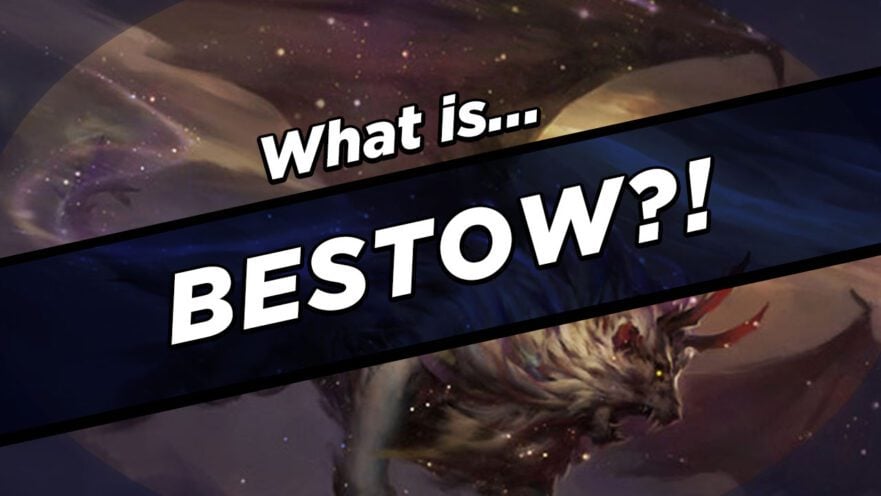Undaunted, from Commander 2016, is a cost-reduction mechanic that gets better the more opponents you have. Any spell with the mechanic costs 1 generic mana less for each opponent you currently have. Yup. That’s it. I mean, here’s a few notes, but it’s pretty simple. While Undaunted does technically function in a game of one-on-one Magic, the spells with it …
For Mirrodin – MTG Mechanics Explained
For Mirrodin is a hyper-specifically named Equipment mechanic from Phyrexia: All Will Be One. When an Equipment with For Mirrodin! on it enters the battlefield, you create a 2/2 red Rebel creature token and attach the equipment to it. And that’s it! Pretty simple, only a couple of notes here: So here’s the thing: we’ve seen this before in Magic, …
Toxic – Mtg Mechanics Explained
Toxic is an update to Infect in Phyrexia: All Will Be One, and works like a mixture of Infect and Poisonous. Toxic will always be written as “Toxic X,” and whenever a creature with it deals any amount of combat damage to a player, that player gets X poison counters. Pretty straightforward, but there are some notes to go over: …
Ingest – MTG Mechanics Explained
Ingest is a creature based mechanic that states that whenever a creature with it deals combat damage to a player, that player exiles the top card of their library. And…nothing else. Before I give you some context on this, the few rules notes: So, this mechanic existed in Battle for Zendikar, a set which also had a bunch of Eldrazi …
Devoid – MTG Mechanics Explained
Devoid is a characteristic defining ability that can appear on any card type, and simply makes the card colorless regardless of its mana cost. And that’s entirely it. There’s a couple of notes, but they’re pretty quick; And that’s it. Devoid was not terribly popular, as it seemed like an odd choice to devote a full set mechanic slot to. …
Awaken – MTG Mechanics Explained
Awaken is an ability that appears on Instants and Sorceries, and gives an alternative casting cost for the spell. Whichever cost you pay, you get the normal effect of the spell. If you pay the Awaken cost, you then put a number of +1/+1 counters equal to the awaken number of that spell onto a land you control, and that …
Renown – MTG Mechanics Explained
Renown is a creature keyword that triggers when a creature with it deals combat damage to a player. When it does, if it isn’t already renowned, it gets a +1/+1 counter and becomes renowned. As renown only triggers if the creature isn’t renowned already, this is a one-time thing. That’s it for the mechanic specifically, but some creatures with renown …
Dash – MTG Mechanics Explained
Dash is actually three different abilities all in one keyword. First, it’s an alternative casting cost. Then, if that cost was paid, the permanent with it has haste. Lastly, if that cost was paid instead of its normal casting cost, return it to its owners hand at the beginning of the next end step. So to boil it down, Dash …
Outlast – MTG Keywords Explained
Outlast is an activated ability that appears on creatures, and simply states that if you pay the cost (which always involves tapping the creature), you put a +1/+1 counter on that creature. However, you can only do this at sorcery speed, during one of your main phases with nothing else on the stack. There’s almost nothing else to this. Since …
Bestow – MTG Keywords Explained
Bestow is an alternate casting cost that appears on Enchantment Creatures, so we’re getting pretty specific already as those are somewhat uncommon to begin with. If you cast the Bestow creature for its normal mana cost, it enters the battlefield and behaves like any other creature spell. If you choose to cast it for its Bestow cost, it instead enters …

